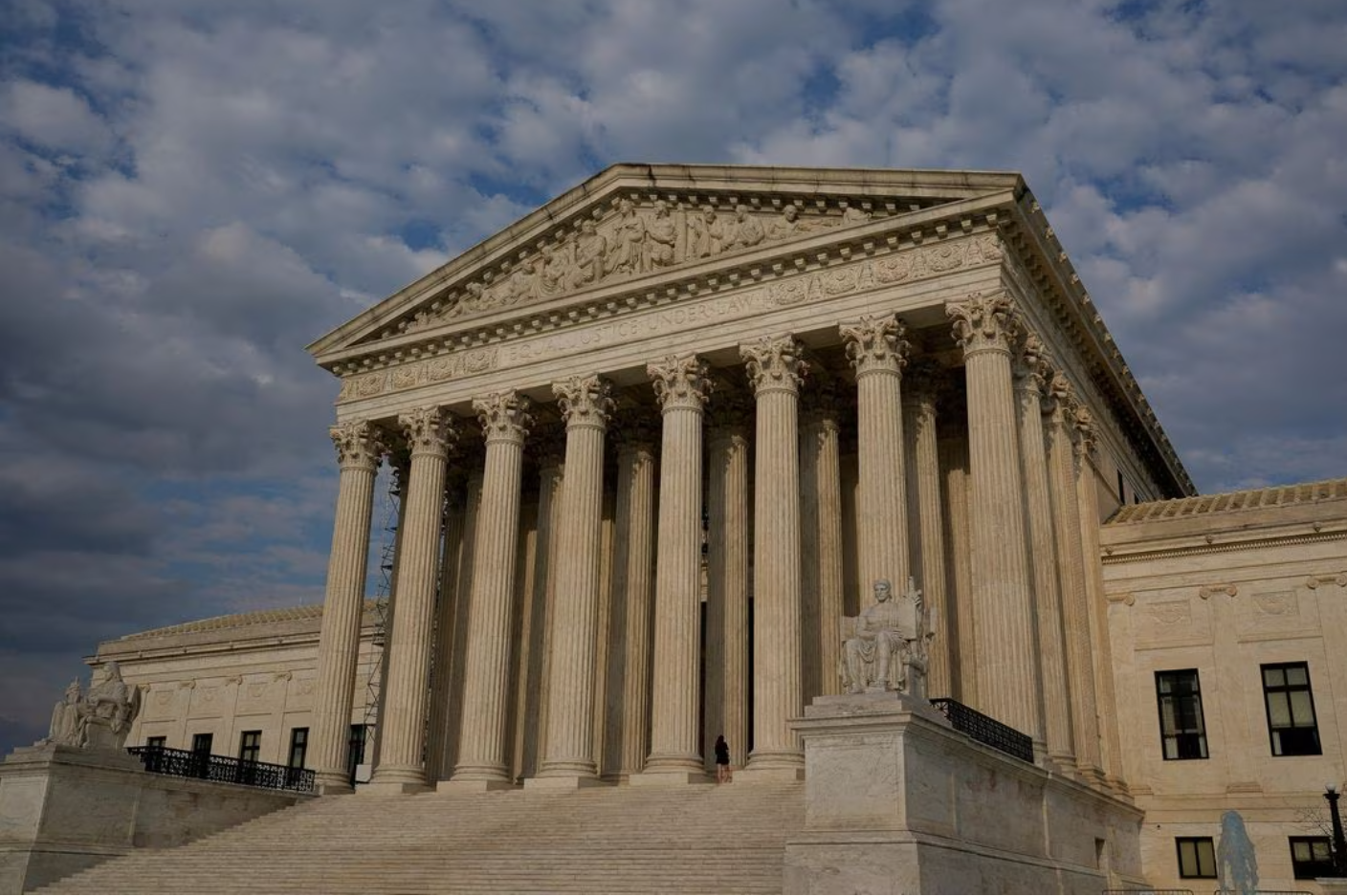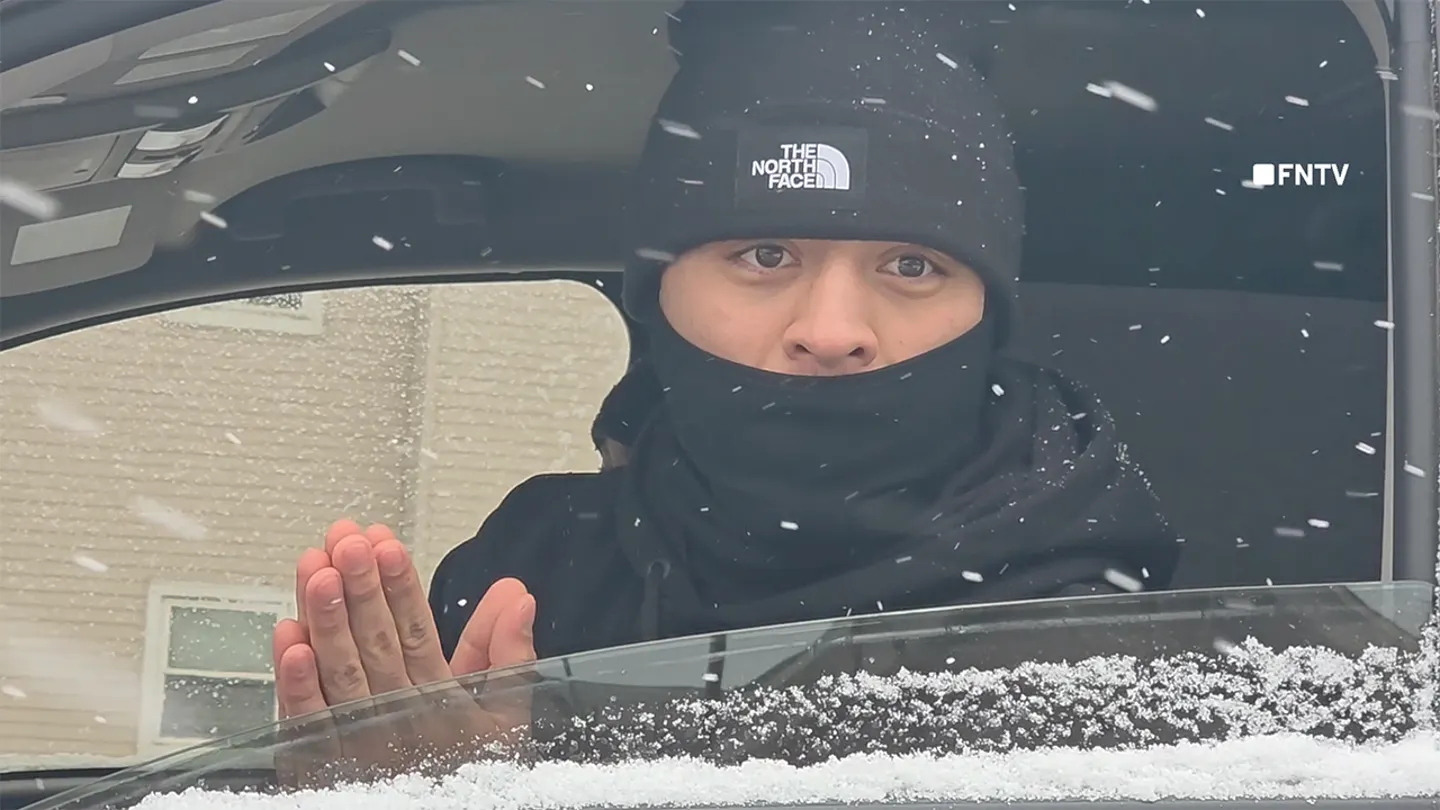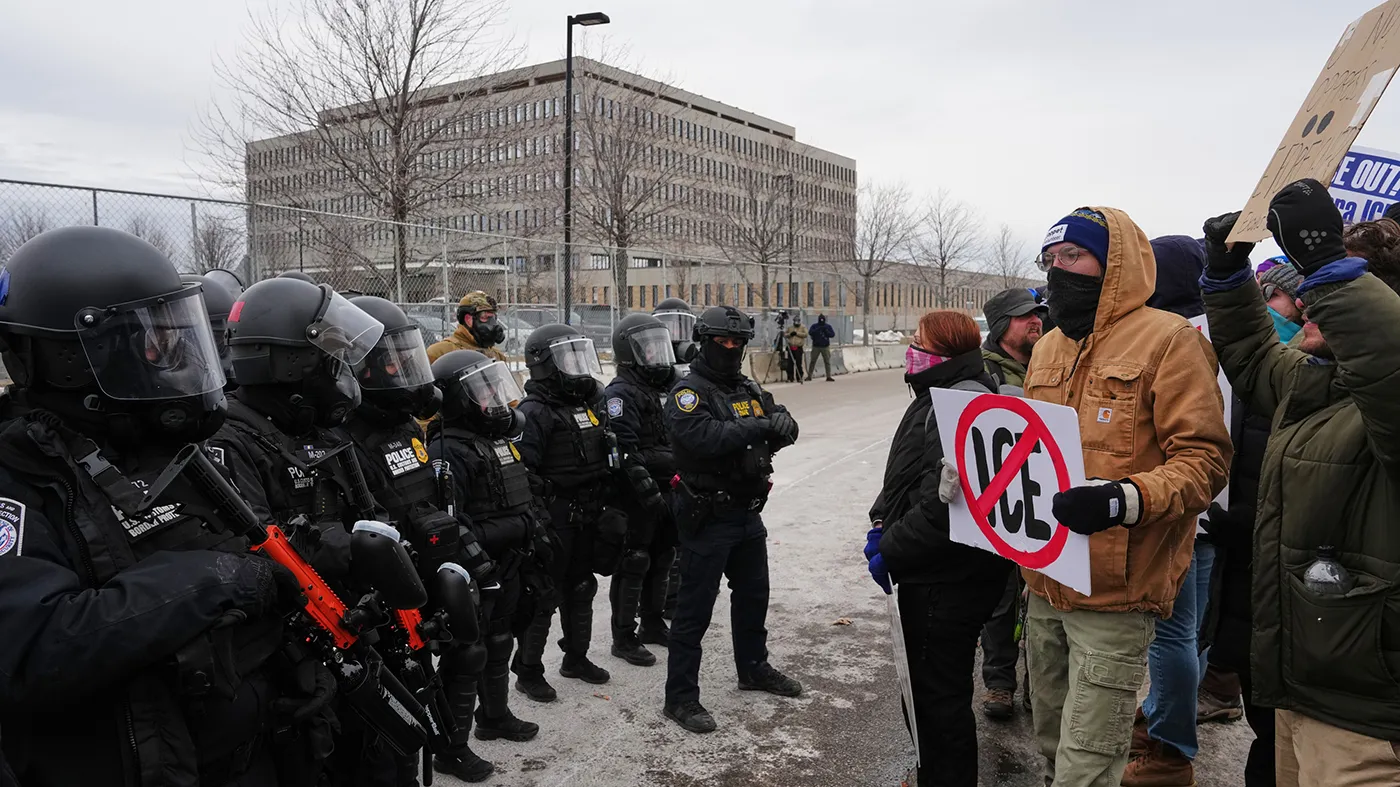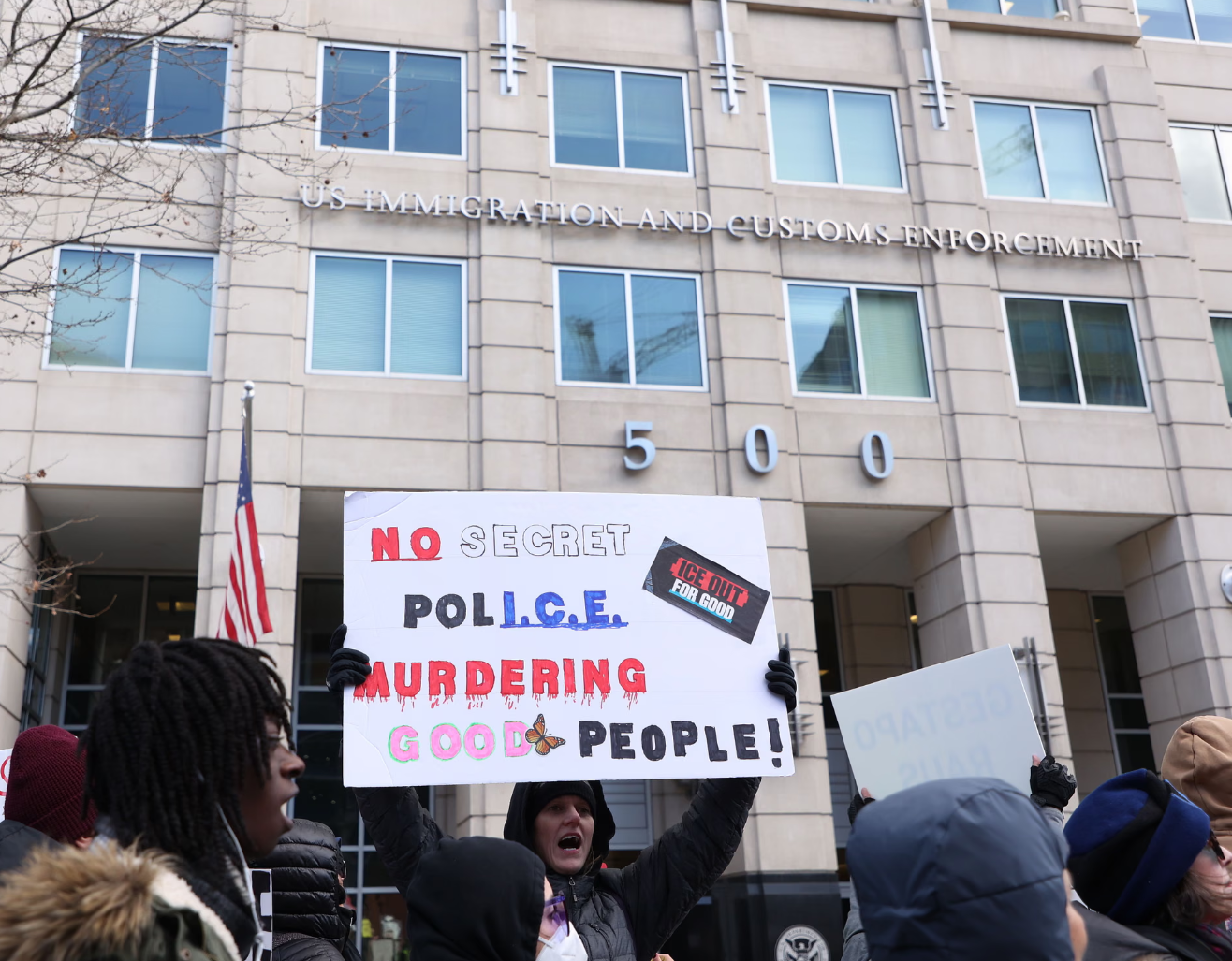June 15 (Reuters) – The U.S. Supreme Court on Thursday upheld decades-old federal standards that give preferences to Native Americans and tribal members in the adoption or foster care placements of Native American children, rejecting a challenge that claimed that parts of the law were racially biased against non-Native Americans.
The 7-2 ruling threw out a lower court’s decision that had struck down as a violation of the U.S. Constitution’s guarantee of equal protection under the law a requirement that “other Indian families” receive preference in adoption and foster care after members of a child’s extended family or tribe members.
The justices found that the plaintiffs – the Republican-governed state of Texas and three non-Native American families – lacked the necessary legal standing to bring the case. The justices also rejected some specific challenges to the law, known as the Indian Child Welfare Act of 1978, on other grounds.
The decision came a week after the court ruled against a challenge to another federal law aimed at protecting racial minorities, with the justices rejecting a Republican-drawn electoral map in Alabama found to dilute the clout of Black voters.
Congress passed the Indian Child Welfare Act to end a longstanding practice in the United States of removing many Native American children from their families and placing them with non-Native Americans. At the time the law was passed, 25% to 35% of Native American children were removed in states with large Native American populations, according to court papers.
The “bottom line,” conservative Justice Amy Coney Barrett wrote in Thursday’s ruling, “is that we reject all of petitioners’ challenges to the statute, some on the merits and others for lack of standing.” Conservative justices Clarence Thomas and Samuel Alito dissented.
President Joe Biden, whose administration defended the law, said the decision keeps in place a vital protection for tribal sovereignty and Native American children.
“Our Nation’s painful history looms large over today’s decision,” Biden said in a statement. “In the not-so-distant past, Native children were stolen from the arms of the people who loved them. They were sent to boarding schools or to be raised by non-Indian families – all with the aim of erasing who they are as Native people and tribal citizens. These were acts of unspeakable cruelty that affected generations of Native children and threatened the very survival of Tribal Nations.”
Native American groups cheered the decision.
“We are overcome with joy,” a coalition of organizations including the Indian Child Welfare Association and the National Congress of American Indians said in a statement.
“One thing is certain: ICWA (Indian Child Welfare Act) is crucial for the safety and well-being of Native children and families and the future of Native peoples and Tribal Nations,” the coalition said.
The lawsuit, first filed in 2017, was brought against the U.S. Interior Department and federal officials by Texas and the three families who sought to adopt or foster Native American children. They included Texas couple Jennifer and Chad Brackeen, who in 2018 adopted a child whose mother is a member of the Navajo Nation.
Among other claims, the plaintiffs said the statute violated the Constitution both by racially discriminating against non-Native Americans and by having the federal government direct the actions of state agencies in adoption matters.
A judge ruled favor of the challengers on both claims in 2018. In 2021, the New Orleans-based 5th U.S. Circuit Court of Appeals narrowed the judge’s ruling but affirmed the invalidation of certain parts of the law.
Barrett said the Supreme Court could not decide the merits of the race claims in the case. Suing the U.S. government would not remedy the alleged racial discrimination “because state courts apply the placement preferences, and state agencies carry out the court-ordered placements,” Barrett wrote.
The ruling also found that Congress had the power to enact the law, a conclusion Thomas and Alito disputed.
During arguments in the case in November, conservative Justice Brett Kavanaugh said it would be impermissible for Congress to give white parents preferences for adopting white children or Latino parents preferences for Latino children.
Kavanaugh, in a concurring opinion on Thursday, emphasized that “serious” racial discrimination claims made in the case remained undecided but might properly be brought in a future lawsuit by a “prospective foster or adoptive parent or child in a case arising out of a state-court foster care or adoption proceeding.”
Matthew McGill, a lawyer for the families, said his main concern is what the decision means for the Brackeens’ effort to adopt the sibling to their adopted child, a 5-year-old girl referred to in court papers as “Y.R.J.”
“As Justice Kavanaugh observed today, that equal protection claim is ‘serious,’ and we will ask the state court to address it in the Brackeens’ upcoming trial to adopt Y.R.J.,” McGill said.
US Supreme Court rejects race-based challenge to Native American adoption law




